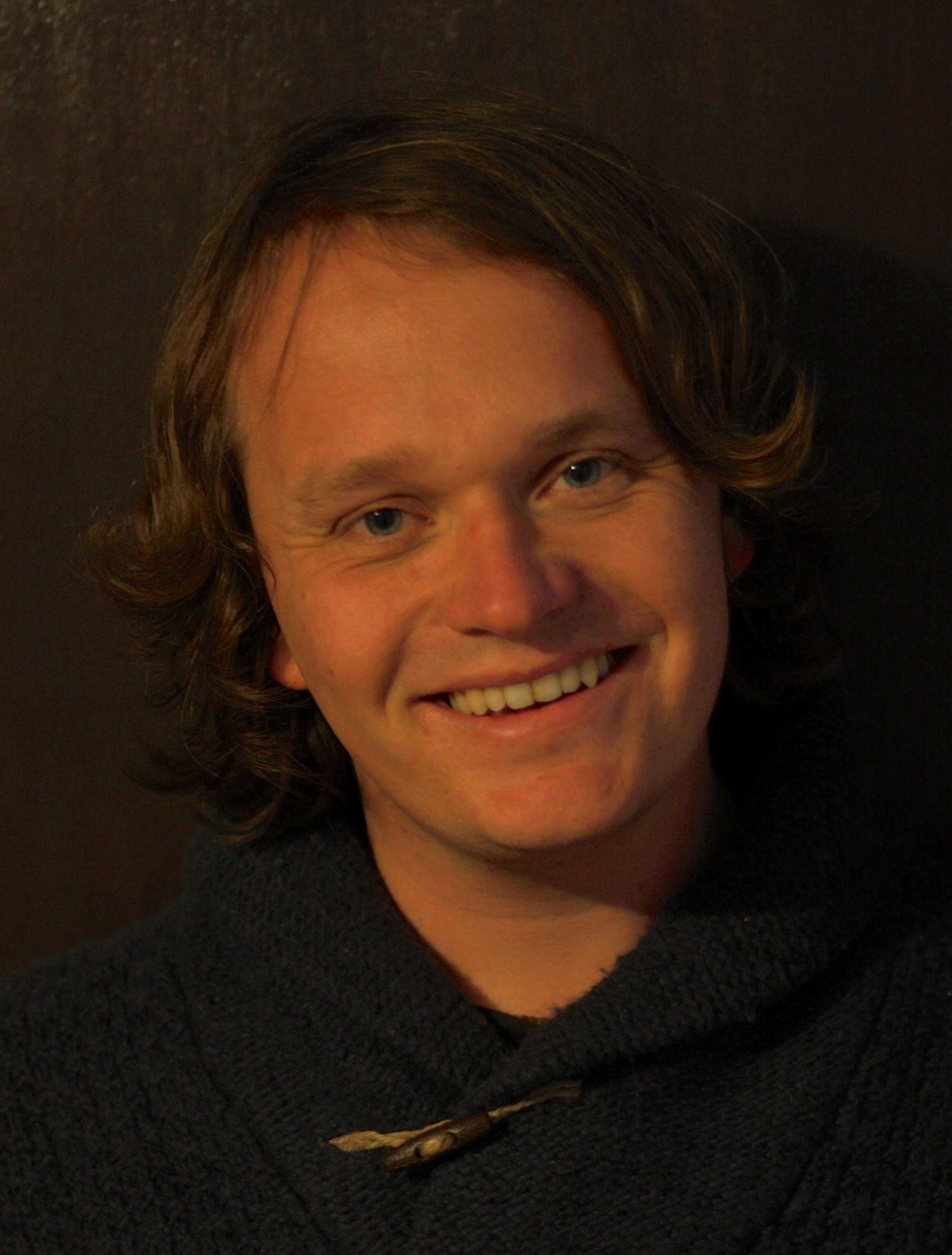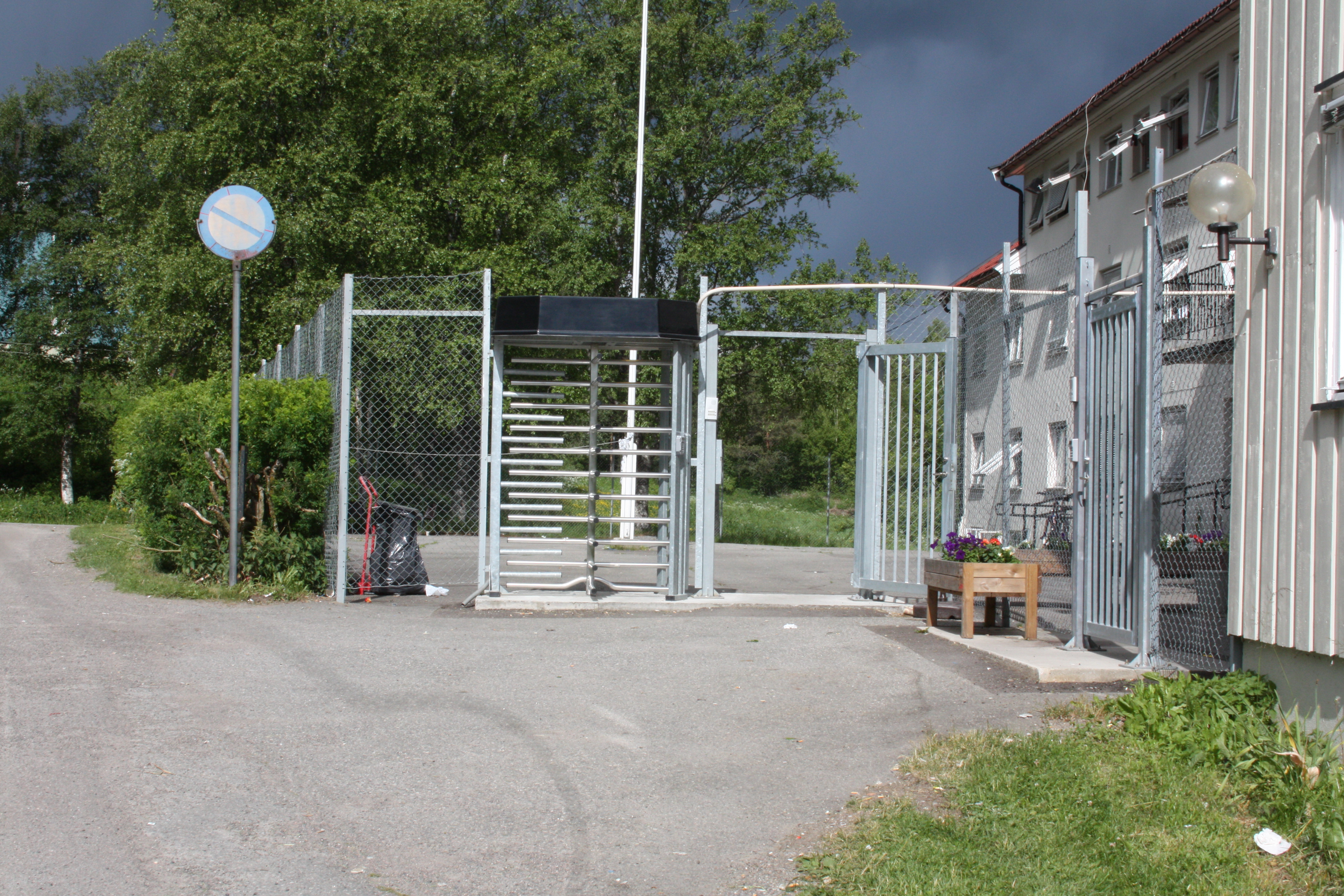Halvar Andreassen Kjærre is the second of our two new PhD fellows at IMER Bergen this year. He also started his project in October and he will follow IMER Bergen for four years. His scholarship is connected to the Department of Social Anthropology at the University of Bergen. Kjærre’s PhD project investigates irregular/illegalized migration in Europe, and he will mainly focus upon three countries within the Schengen area: Norway, Sweden and Italy. Rather than investigating how migrants settle in a certain places or neighbourhoods, Kjærre will “follow the migrants” around. A large part of the illegalized life seems to be about movement. Without being able to settle some migrants seems to continuously travel, also between countries. Movement, in these terms, includes both forced and more voluntary forms of travel. Still the internal frontiers in Europe also have their limiting effect shaping the illegalized space where migrants move about. It is the illegalized space in which these migrants travel Kjærre is interested in.
Sweden and Italy are the two countries that Norway deports most people to within the Schengen area, and this is why these countries are chosen for the research project. There are several intricate migratory dynamics between these countries that Kjærre wants to explore. Some of the people who are deported do for instance return to Norway. They may return because of friends and family, lack of jobs or because they may know the Norwegian language better. The opposite way around, some may choose to leave Norway and travel to Italy because they believe it is easier to get a research permit there. They may also find it easier to get jobs in the larger informal sector.
Kjærre`s research is a continuation of his master project and several other projects that he has participated in. The pictures included in this article are from his earlier research. In his masters Kjærre looked into the lives of illegalized migrant, mostly rejected asylum seekers. While Kjærre conducted the research for his masters in Oslo, he will now try to follow some of the migrant’s abroad. The Schengen area, the Dublin regulations and other international treaties make up a broader context for the study. Theoretically Kjærre wants to explore how larger structures of power affect individual lives. How is subjectivity shaped by these larger political constellations?
Kjærre will also be one of the coordinators at the IMER research unit while he is working on his PhD, and he will also do some teaching at The Department of Social Anthropology. We hope that Kjærre’s PhD will contribute to new insights to within the field of IMER research in Bergen, and we wish him good luck with a challenging project.
To view Halvar Andreassen Kjærre’s profile click here.
Keywords:
Migration, illegalization, migrant illegality, deportability, irregular migration, Dublin agreement, Schengen, deportations, movement, subjectivity, personhood.


